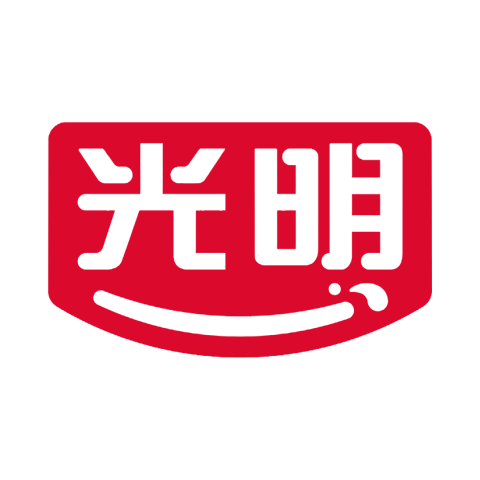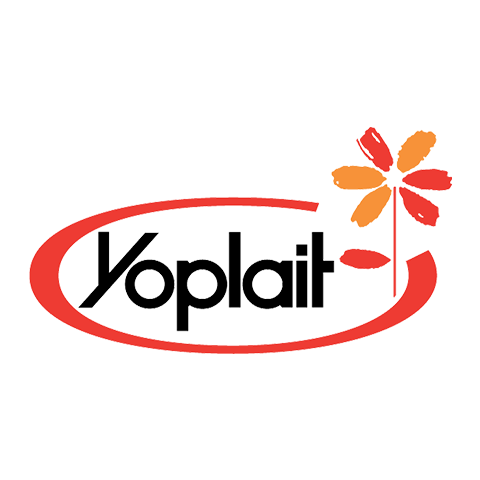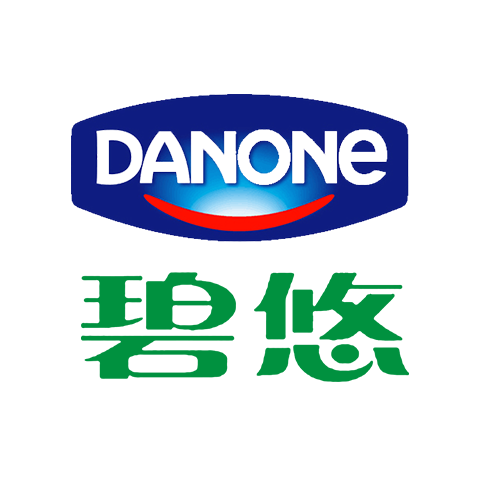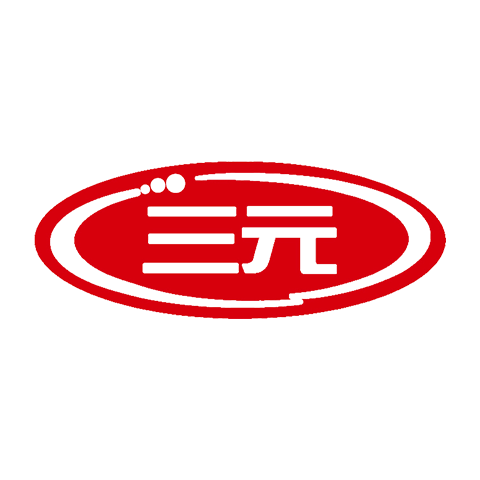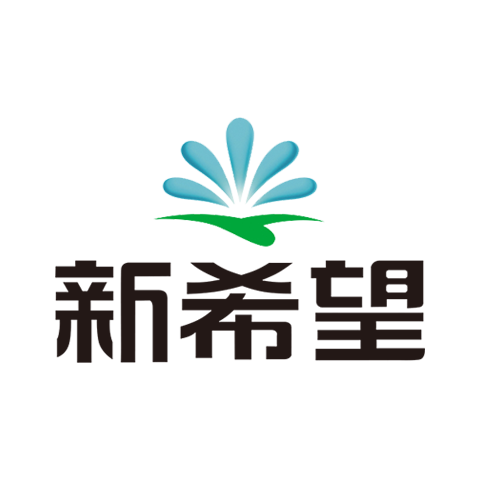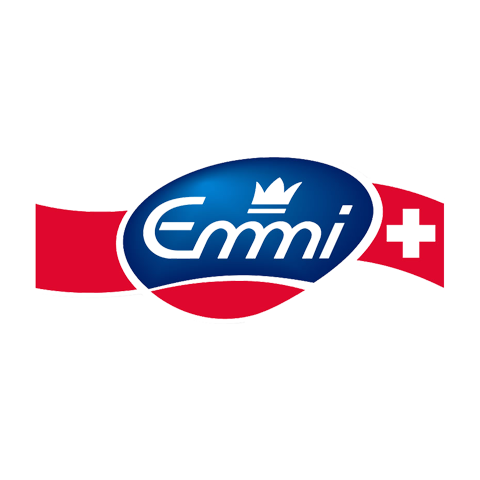Guangming's predecessor was the Kedi Milk Company, which was established in Shanghai in 1911 by British businessmen, and is now the strongest dairy enterprise in East China, ranking third in terms of revenue among dairy enterprises in China, second only to Yili and Mengniu. Bright's revenue in 2017 was 21.672 billion, although it is far less than the two giants of China's dairy industry, but it is already one of the regional dairy enterprises with the highest market value. Guangming has established SKLDB, the only state key laboratory in China's dairy industry, to research and develop new dairy technologies.
In 2008, when the "melamine" incident in China's dairy industry was exposed, there was no problem with Bright brand products, and there were no major dairy safety accidents for many years. Compared with Yili and Mengniu, Guangming has the geographical advantage of East China, has better control over the local milk source, is better at operating pasteurized milk for urban distribution, and has its own cold chain logistics company, Lingxian Logistics. With the help of the operating advantages of cold chain logistics, Guangming has not lagged behind Yili and Mengniu too much in the low-temperature yogurt business, and is closer to the development trend of yogurt, and has launched healthy yogurt bright and truthful, which the latter two do not have.
Bright has been operating in low-temperature dairy products for a long time, and there are many types of yogurt, and Moslian, the first room-temperature yogurt to become popular in the Chinese market, was also launched by Guangming. In terms of low-temperature yogurt, Guangming covers low-cost products to high-end products, which can meet the demands of different consumers, and the product range is richer than that of Yili and Mengniu.
Bright and truthful is the representative of plain (sugar-free) yogurt, with only two basic strains and milk, and another fermented strain, lactococcus lactis subsp. diacetyl, which is a true "zero additive" yogurt. However, because it contains other fermented strains, it cannot be called "yogurt" in China, but can only be called fermented milk.
Guangming has production plants in East China and South China, and low-temperature yogurt products are distributed nearby, which is conducive to transportation and preservation. Solid yogurt contains 4.1g of protein, 4.3g of fat, and 5.5g of carbohydrates per 100g, which is incomparable to other flavored fermented milk. The high milk solids content helps yogurt to form a stable and good texture, and whey precipitation is not easy to occur, so it can also be seen that it is a high-quality yogurt that is used from high-quality milk sources.
Rushi yogurt is mainly aimed at specific groups who are very concerned about nutritional intake and natural yogurt taste, such as white-collar women, children, etc., and most adults do not like the pure sour and low-sweet taste of Rushi. The yogurt consumer market tells us that although plain yogurt is healthier, most people still choose less healthy flavored yogurt, and honestly have made a compromise by attaching a honey pack to the package, which makes it more acceptable to most consumers.
In addition to the "star" of truthfulness, Changyou, Jianneng and Zhishang series are all popular yogurts under Guangming, which are characterized by many types of flavors, sweet taste, and affordable prices, and the money to buy a cup of truthful yogurt is enough to buy 3 cups of ordinary series yogurt. Because they contain other added ingredients, they are usually low in milk solids such as protein and are not as nutritious as plain yogurt.
Taking Guangming Changyou original flavor as an example, 100g of yogurt contains 2.7g of protein, 3.6g of fat and 12.5g of carbohydrates. Changyou's nutritional value is slightly higher than Yili's positioning products, all of which use raw milk raw materials, and Yili uses some milk powder to produce, the retail price of the two is not much different, 100g small cup is about 2 yuan a piece, if you mind drinking reconstituted milk yogurt, it is more suitable to buy bright yogurt.
Zhishang series yogurt is positioned in the middle and high-end, and the quality is relatively better, especially the original nutritional type of Zhishang yogurt, with protein 3.7g/100g, fat 3.5g/100g, carbohydrate 13g/100g, although the sugar content is not low, but due to the addition of whey protein powder and concentrated milk protein, the protein content is improved, and the nutritional value is also improved. The Zhishang series also has coconut fruit and blueberry fruit pieces, the viscosity is not as good as the original version, with a light fruit flavor, visible fruit particles inside, the protein content is 3.2g/100g, and the price of a single cup is about 4 yuan.
Bright has been operating yogurt products for a long time, and had close cooperation with Danone yogurt in the early days, OEM production for Danone, after the breakdown of cooperation, Guangming launched Changyou instead of "Biyou", Jianneng instead of "Danone", quickly replacing Danone's original market share. In 2017, Guangming Changyou also launched new flavors of yogurt such as Appreciation Light Cheese, Appreciation Buttermilk, and Changyou CHANGE U to enrich the product range. Among them, the taste buttermilk adds more milk fat, the taste is smooth and comfortable, the milk is rich and delicate, contains 9g of milk fat per 100g, the caloric value is as high as 588kJ, and the positioning of high-grade yogurt, the price of 135g*3 is about 22 yuan.
Including Guangming, most yogurt is not low in sugar, and the nominal carbohydrate content of yogurt is generally 13%~15%, which will inevitably be associated with obesity. However, there is no need to worry too much, the "Chinese Dietary Guidelines 2016" recommends that the daily intake of added sugar should not exceed 50g, and it is best to limit it to 25g.



